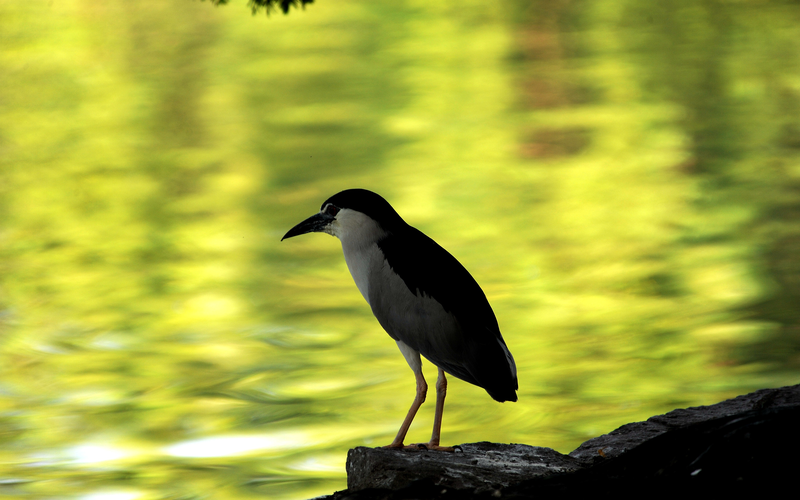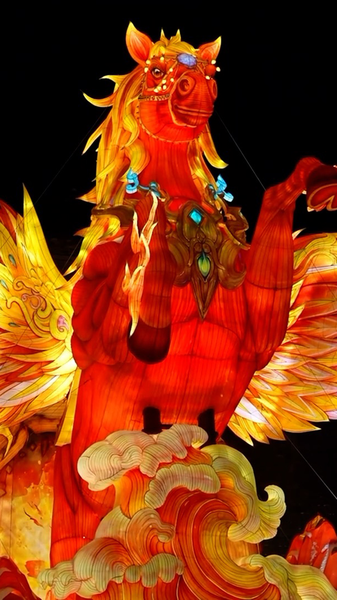In the heart of Zhengzhou, one busy street has earned the playful nickname “Sky Droppings Road.” Every spring and summer, colonies of night herons nesting in the grand plane trees remind us that nature isn’t always predictable — and sometimes it drops surprises from above! 🐦
While some locals cheer the herons as a sign of successful urban ecological restoration, others find the mess a major nuisance. Instead of rushing to relocate these feathered visitors, experts suggest that it’s time to rethink our urban spaces and learn to adapt to nature. 🤔
Rather than forcing the herons out, urban planners are exploring balanced solutions. Ideas include creating seasonal buffer zones around nesting areas, installing protective nets in high-traffic zones, and boosting community awareness — much like Amsterdam’s bat corridors or Singapore’s garden city approach. These measures aim to respect the natural migration patterns of the herons while keeping everyday life smooth for city dwellers.
At its core, Zhengzhou’s “Sky Droppings” debate isn’t just about cleaning up droppings; it’s a call to embrace a future where both humans and wildlife thrive together. By shifting from a mindset of control to one of coexistence, our cities can become innovative, inclusive spaces that celebrate all forms of life. 😃
Reference(s):
Resolving Zhengzhou’s 'Sky Droppings' Dilemma: Why Simple Relocation Isn’t the Answer
bjnews.com.cn




